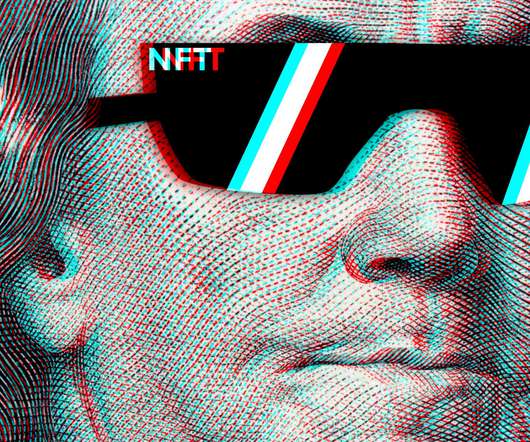Breaking Through | A New Frontier of Technology and Innovation
N2Growth Blog
APRIL 29, 2021
As each piece of new technology hits the market, scam artists worldwide are becoming increasingly more crafty in their approach to exploit vulnerabilities in security and have left us exposed to digital attacks. This immense expansion of digital space has left us in dire need of advanced cybersecurity measures.
















Let's personalize your content